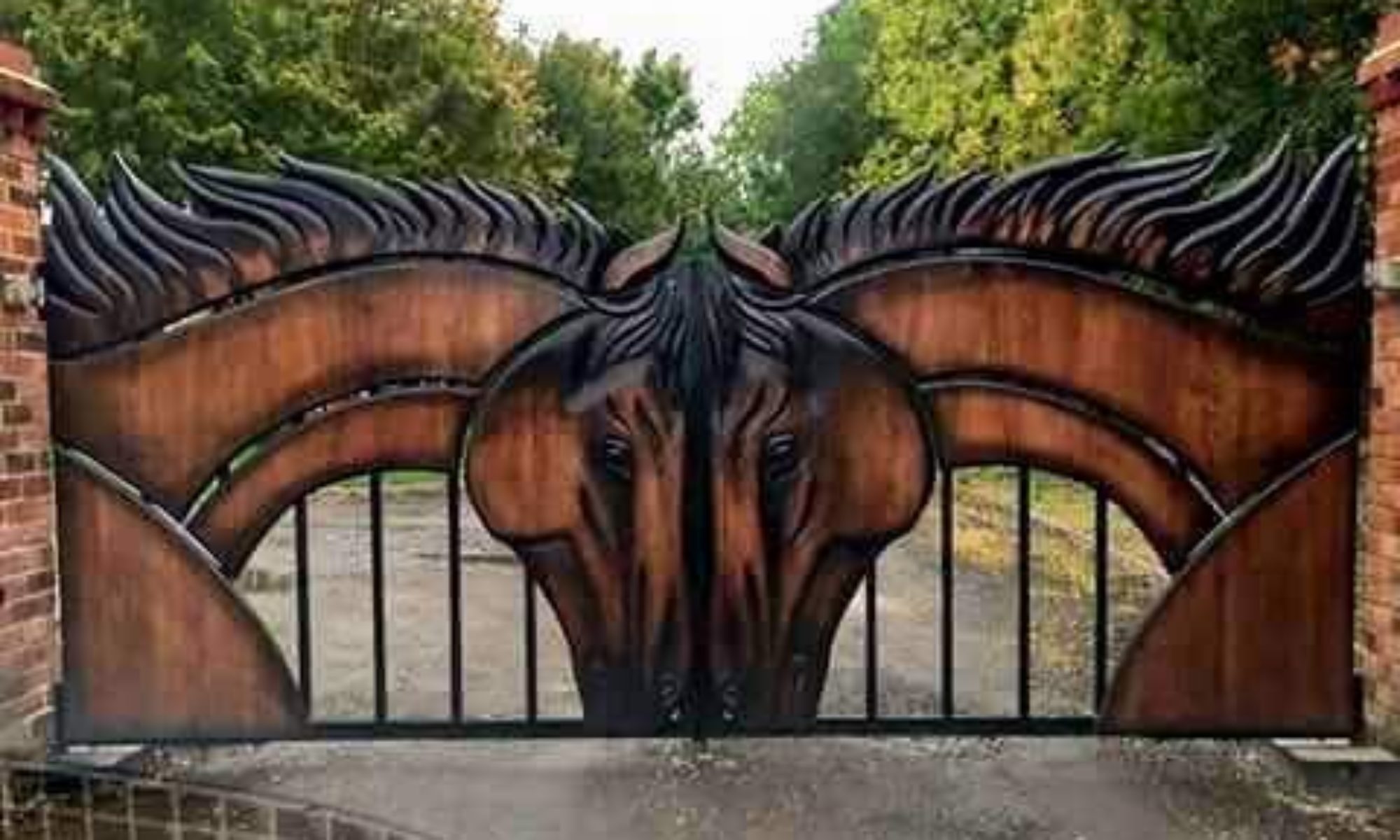
Your comfort system is an essential part of your home, responsible for keeping you comfortable year-round. However, like any other home appliance, it will eventually require repairs or replacement. If you’re experiencing issues with your comfort system, you may be wondering whether it’s time to replace it or if you can get away with repairs. Let’s explore some factors to consider when deciding whether to repair or replace your HVAC unit.
1. Age of the System
First, consider the age of your unit. If your unit is 10 years or younger, you could get away with a repair. However, if it is 11 years or older, it may be time to consider replacing it.
2. Repair Cost
If the repair cost is less than one-third of a new system, you should be able to repair your unit. However, if the repair cost is more than one-third of a new system, it may be better financially to replace it with a newer, more energy-efficient model.
3. Type of Repair
Does your comfort system just need minor repairs, like a clogged condensate drain line or a small electrical issue? If so, then you should consider a professional repair. On the contrary, a comfort system that requires major repairs might be due for a total replacement. Sometimes, if the repair costs are high, a replacement can actually save you money.
4. Efficiency
Last but not least, you should consider the efficiency. If you have had fewer than two repairs in the last year, you may just be able to repair your unit without totally replacing it. However, if you have had more than two repairs in the last year, a replacement may be the better financial decision. Repairs over time can add up.
Warning Signs You Need To Replace Your Comfort System
Your comfort system plays a critical role in keeping you comfortable year-round. However, like any other appliance, it has a lifespan. That means eventually it will need to be replaced. Here are some warning signs that indicate it’s time to replace your comfort system:
- Uneven Temperatures In Your Home
- High Energy Bills
- Strange or Unusual Noises
- Weird Smells Coming From Your Vents
- Frequent Repairs
Things To Consider When Buying A New System
If you’re in the market for a new HVAC system, it can be overwhelming to choose the right one for your home. With so many options and features available, it’s essential to consider a few key factors to ensure you choose the right system for your needs. Here are some things to consider when buying a new HVAC system:
1. Home Comfort Goals
Are you looking for something that is more energy-efficient or are you more concerned with indoor air quality? These factors are important to consider when purchasing your new system.
2. Size
The size of your home and the size of the comfort system you purchase is extremely important when it comes to keeping your system running right. Purchasing a comfort system that is too big can make your home less energy-efficient. Purchasing one that is too small can make your system work overtime.
Contact Cool Touch Today For All Your Comfort System Repair and Replacement Needs In The Prescott Valley and Phoenix, AZ Metro Areas
The pros at Cool Touch can help you determine whether you should repair or replace your home comfort system today. Contact your local and trusted HVAC specialists at Cool Touch today. For Phoenix services, you can call us at (480) 719-7776 and for Prescott Valley services, you can call us at (480) 719-7776.
The post Should You Repair or Replace Your Comfort System? appeared first on Cool Touch Air Conditioning & Heating.
